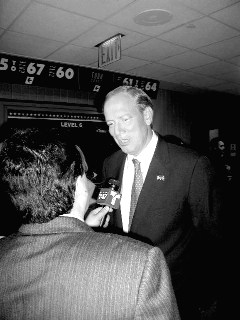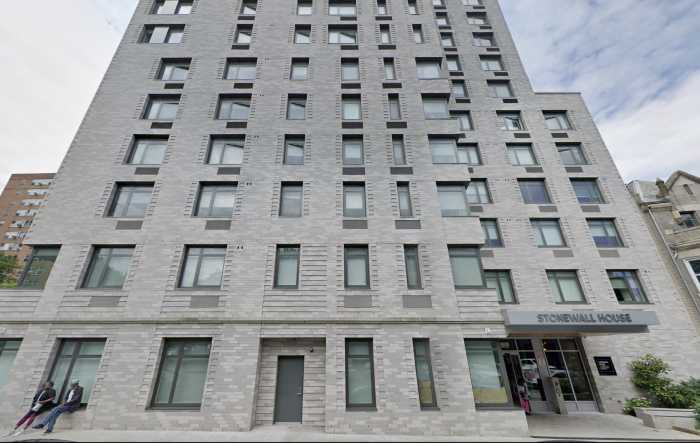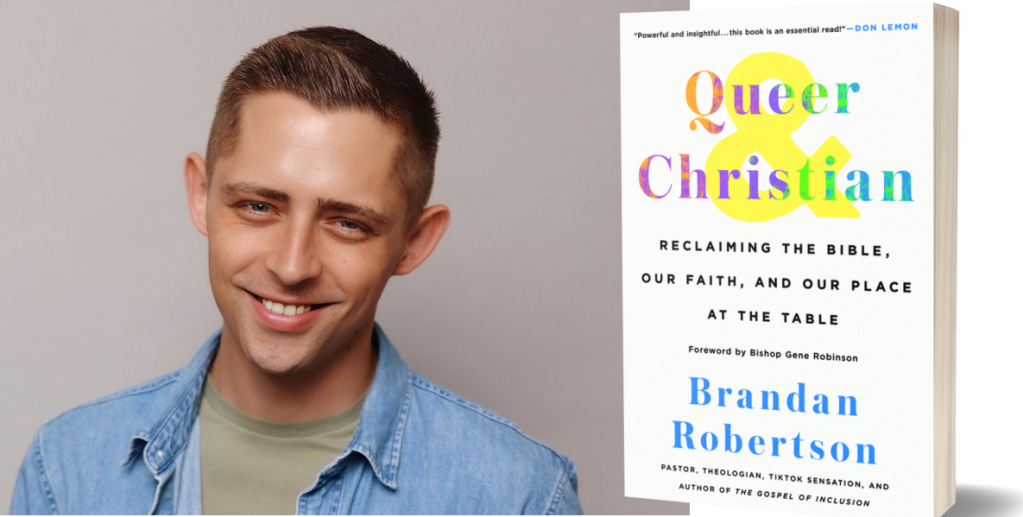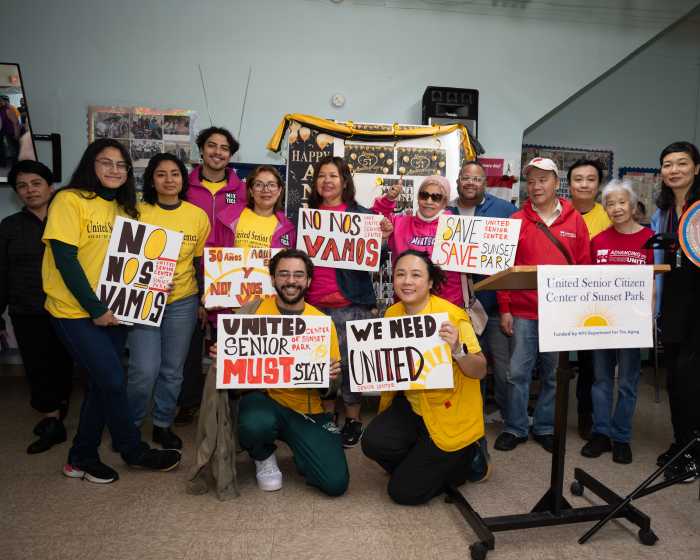AIDS groups, gay community health providers take aim at governor’s state budget proposal
Veteran activists Frank Kameny and Barbara Gittings still display the fire that made them civil rights pioneers 40 years ago.
AIDS and gay groups are generally opposing cuts in Medicaid and Family Health Plus (FHP), a state-run health insurance plan, proposed by Gov. George E. Pataki in his new state budget.
“We understand that he wants to balance the state budget, but it shouldn’t come at the expense of Medicaid beneficiaries,” said Laura Caruso, director of health policy at the Gay Men’s Health Crisis (GMHC).
On January 18, Pataki announced a $105.5 billion budget for the fiscal year that begins on April 1. The Republican governor had to close a projected $4.2 billion budget gap and contend with healthcare spending that is expected to hit $44 billion in the next fiscal year.
Additionally, Pataki wants to ease the Medicaid burden on the state’s 62 counties by shifting some of those costs to the state. The governor proposed $1 billion in cuts to the state Medicaid program.
The federal, state and county governments all contribute to Medicaid, the health insurance for the poor and disabled. The federal government defines the basic benefits package and which populations must be covered.
More than half of all people with AIDS and 90 percent of children with AIDS are covered by Medicaid. Some 65,000 New Yorkers who are living with AIDS are Medicaid beneficiaries.
While they are a so-called mandatory population, or one that must be covered by Medicaid, people with AIDS can receive benefits that are optional, or items that go beyond the basic benefits package. Services such as homecare, prescription glasses, hearing aids and even the Medicaid drug benefit are optional services. Pataki took aim at some of those benefits with his proposed cuts. He cut items such as dental, nursing and psychiatric care.
“The governor has really taken a knife to the program,” Caruso said.
The cuts may affect not just Medicaid beneficiaries, but services delivered by AIDS groups that are funded by the program. GMHC has a $23.1 million budget and $1.1 million of that comes from Medicaid payments for case management services for people with AIDS.
Pataki also proposed a preferred drug program for Medicaid that would create a drug list. Beneficiaries could use Medicaid dollars only to buy drugs on that list and the state would negotiate a lower price with drug companies to get those drugs on the list.
While such lists typically include anti-HIV drugs, they can exclude others that are not typically associated with AIDS, but are still vital for the health of people with AIDS.
“The anti-retrovirals are there, but that doesn’t account for all the other drugs that may or may not be associated with HIV,” Caruso said.
Some AIDS groups in New York have said that they would support a preferred drug list as a way of controlling drug costs so long as beneficiaries are also protected.
“The governor’s plan has no consumer protections that will help people get through the system in one piece,” Caruso said.
Such protections might include exempting people with AIDS from the list or giving doctors the final say over whether Medicaid will pay for a particular drug.
Patrick J. McGovern, executive director of Harlem United, an AIDS group, said his organization would support a drug list with those features.
“Harlem United largely supports the preferred drug list program as it was presented by members of the Assembly with an opt-out for people with AIDS or with a method that allows doctors to override,” he said. “That’s a protection that could be afforded to people with AIDS.”
Given that people with AIDS are a mandatory population, McGovern said that the Pataki plan would mostly spare them, but the cuts to hospitals and other large healthcare institutions could still hurt.
“We’re grateful to the governor and to the commissioner of health for once again holding PWAs harmless to Medicaid cuts,” he said. “However, HIV is increasingly a disease of the poor and any cuts to Medicaid or FHP that weaken our healthcare infrastructure are a serious concern.”
The cuts to FHP are a particular problem for the Callen-Lorde Community Health Center, which has enrolled a number of clients through the program.
“The governor is proposing significant benefit reductions to Family Health Plus,” said Jay Laudato, executive director at the agency. “Callen-Lorde has more people on FHP than we have on straight Medicaid and some of his reductions are really going to hurt us specifically and the community in general.”
Pataki eliminated FHP coverage for services such as dental, vision, home health aides, hospice, mental health and substance abuse. The program will also no longer pay for durable medical equipment, such as wheelchairs.
Callen-Lorde has an annual budget of $9.7 million, with $1.1 million coming from Medicaid reimbursement and another $640,000 coming from payments through FHP enrollees.
FHP gives health insurance to people who earn too much to qualify for traditional Medicaid, but cannot afford private health insurance.
Laudato estimated that two years ago the agency was enrolling 20 to 30 new clients through FHP each month. That number is closer to 15 per month now. The cuts would not allow agencies like Callen-Lorde to do such “facilitated enrollments.” Instead, those seeking to join FHP would apply at a Medicaid office where they now face additional hurdles. They will not qualify for FHP if they have $10,000 or more in assets, if they have had health insurance in the prior 12 months or if they work for a business that has 50 or more employees.
“What the governor is also doing is he is making it harder to get on [the FHP program],” Laudato said.
The FHP plan also includes increased co-payments for hospital stays—$250—and drugs, at $10 for generic drugs and $20 for brand name drugs.
“It really defeats the purpose of why these programs were started,” Laudato said. “I think this scaling back of FHP will ultimately be a shortsighted program that will hurt a number of individuals and community organizations like Callen-Lorde significantly.”
gaycitynews.com



































